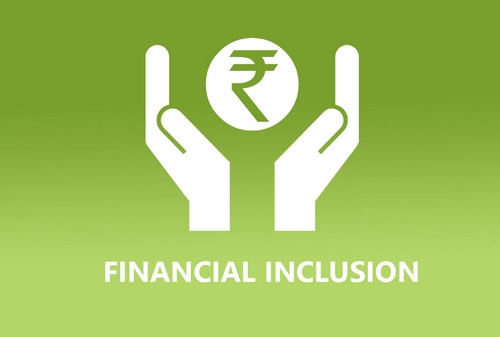Bridging the Gap: The Imperative of Financial Inclusion
By School Admin
Financial inclusion is not merely a catchphrase; it's a global imperative that transcends economic boundaries, touching the lives of millions. In a world that increasingly relies on financial systems, the exclusion of a significant portion of the population from these systems creates a deep-seated disparity. Financial inclusion is more than just providing access to banking services; it's about empowering individuals and communities by giving them the tools to manage their finances effectively. At its core, financial inclusion ensures that everyone, regardless of their socio-economic status, has access to affordable and convenient financial services.
One of the primary challenges in achieving financial inclusion is the existence of various barriers. Geographic isolation, lack of proper identification, low income and limited financial literacy are among the hurdles that must be overcome. Governments, financial institutions and technology play pivotal roles in dismantling these barriers. Governments can enact policies that promote financial inclusion, such as creating regulatory frameworks that encourage the establishment of affordable and accessible financial services. Financial institutions, on the other hand, need to innovate to offer services that cater to the unique needs of diverse populations. The role of technology, especially mobile banking, cannot be overstated in overcoming geographic barriers and reaching remote areas.
Financial inclusion is not just about numbers on a balance sheet; it's about transforming lives. Small businesses, often the backbone of economies, benefit immensely, fostering economic growth and job creation. Moreover, financial inclusion can act as a catalyst for poverty reduction. By providing access to credit, individuals can start or expand businesses, breaking the cycle of poverty. This empowerment creates a positive ripple effect, contributing to the overall development of communities.
In the 21st century, technology has emerged as a powerful tool for achieving financial inclusion. Mobile banking, digital wallets and Fintech innovations are making financial services more accessible than ever.
Furthermore, block chain technology has the potential to revolutionise financial inclusion by providing secure and transparent financial services, especially in regions with unstable banking infrastructures. The decentralized nature of block chain ensures that financial transactions are not dependent on traditional banking systems, thus broadening access. In conclusion, financial inclusion is not just an economic necessity; it is a moral imperative. Bridging the gap between the financially included and excluded is not only about providing access but about fostering a more equitable and just society. By leveraging technology, dismantling barriers and promoting financial education, we can work towards a future where everyone has the opportunity to participate fully in the global economy.
Akarsh Mishra
Class X
